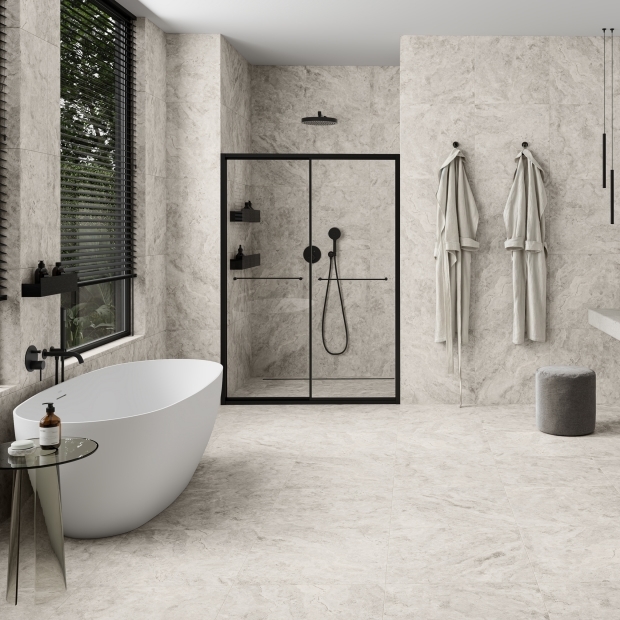-
£45 (inc. VAT) per m²
-
£45 (inc. VAT) per m²
-
£45 (inc. VAT) per m²
-
£45 (inc. VAT) per m²
-
£45 (inc. VAT) per m²
-
£45 (inc. VAT) per m²
-
£45 (inc. VAT) per m²
-
£45 (inc. VAT) per m²
-
£45 (inc. VAT) per m²
-
£45 (inc. VAT) per m²
-
£45 (inc. VAT) per m²
-
£45 (inc. VAT) per m²
-
£45 (inc. VAT) per m²
-
£45 (inc. VAT) per m²
-
£45 (inc. VAT) per m²
-
£45 (inc. VAT) per m²
-
£45 (inc. VAT) per m²
-
£45 (inc. VAT) per m²
-
£45 (inc. VAT) per m²
-
£45 (inc. VAT) per m²
-
£45 (inc. VAT) per m²
-
£45 (inc. VAT) per m²
-
£45 (inc. VAT) per m²
-
£45 (inc. VAT) per m²



























































































































































































































